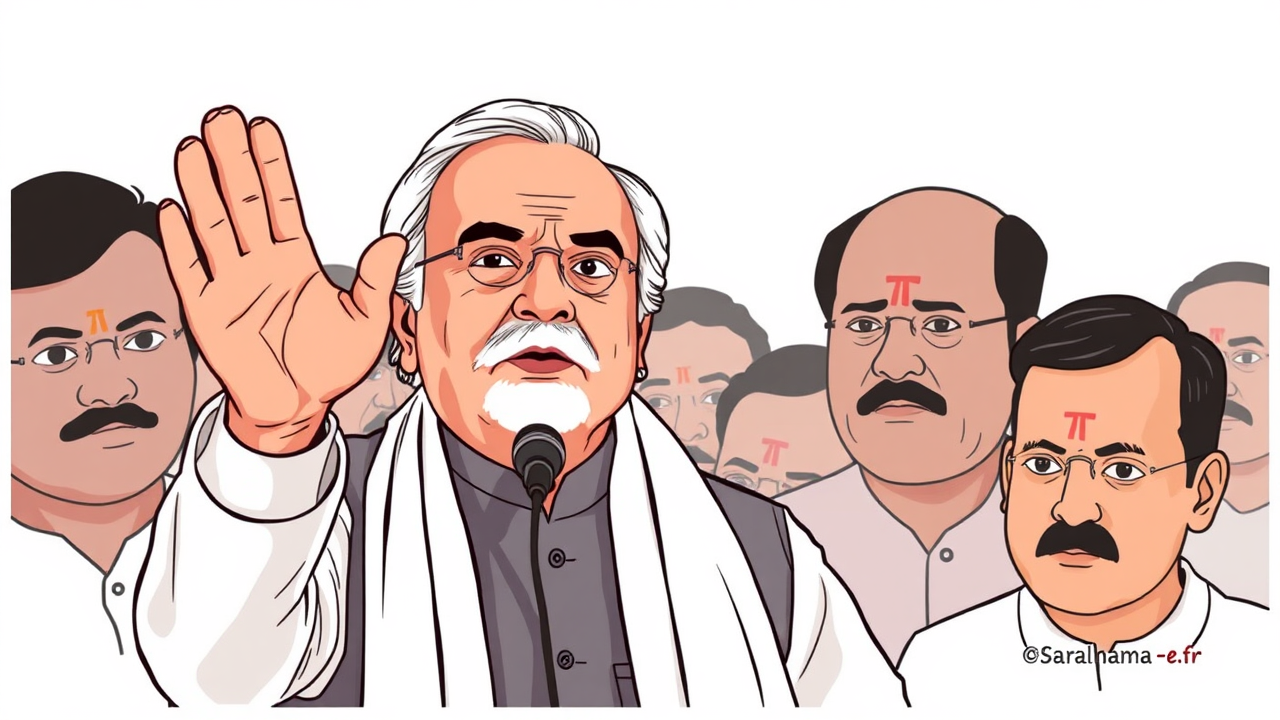Senior Congress leader Jairam Ramesh recently recalled Indira Gandhi's iconic 1977 Belchi visit on her death anniversary, drawing parallels to the party's current struggles in Bihar elections. The Belchi massacre occurred on May 27, 1977, when a Kurmi group murdered eight Dalits and three OBC Sonar community members in caste violence. Despite Bihar being under President's Rule and later Janata Party governance, authorities initially dismissed it as gang warfare. The case gained national attention when young Janata Party leader Ram Vilas Paswan brought bones of victims to Parliament in July 1977, exposing the caste atrocities. Indira Gandhi, recently defeated in elections, seized this moment for political revival. On August 13, 1977, she undertook an arduous journey through monsoon floods, using a car, jeep, tractor, and finally an elephant to reach the remote village. The powerful imagery of her elephant ride became legendary, symbolizing her determination. This visit resurrected her political career, leading to her return to Parliament in 1978 and as Prime Minister in 1980. The perpetrators Mahavir Mahto and Parshuram Dhanuk were executed in November 1983, marking a rare instance of capital punishment for caste violence.

The Massacre and Parliamentary Outcry
The violence erupted on May 27, 1977, following a local dispute. A Kurmi group led by Mahavir Mahto attacked Dalits with firearms, tying victims before shooting them and burning their bodies in a pyre. Eleven people died, including eight Dalits and three from the OBC Sonar community. Bihar Police incorrectly labeled it gang warfare. When Union Home Minister Chaudhary Charan Singh repeated this characterization in Parliament, the Opposition protested strongly. Ram Vilas Paswan, then a Janata Party parliamentarian, dramatically brought victims' bones to the House on July 13, 1977, calling it a caste war rather than criminal activity. This forced the government to acknowledge casteism as the root cause of such atrocities.
Journey That Revived Political Fortunes
Indira Gandhi's determination to reach Belchi on August 13, 1977, became legendary. Traveling during heavy monsoons, she switched from car to jeep to tractor as vehicles got stuck in mud and floodwaters. When even the tractor failed, she rode an elephant named Moti for the final stretch, taking three-and-a-half hours from where the jeep stopped. The striking photographs of her elephant journey captured national imagination and revitalized her political image. By November 1978, she won a by-election from Chikmagalur, Karnataka, returning to Parliament. In 1980, she became Prime Minister again as Congress swept elections. The trial accelerated under her government, with perpetrators executed in November 1983.
Source: Link
